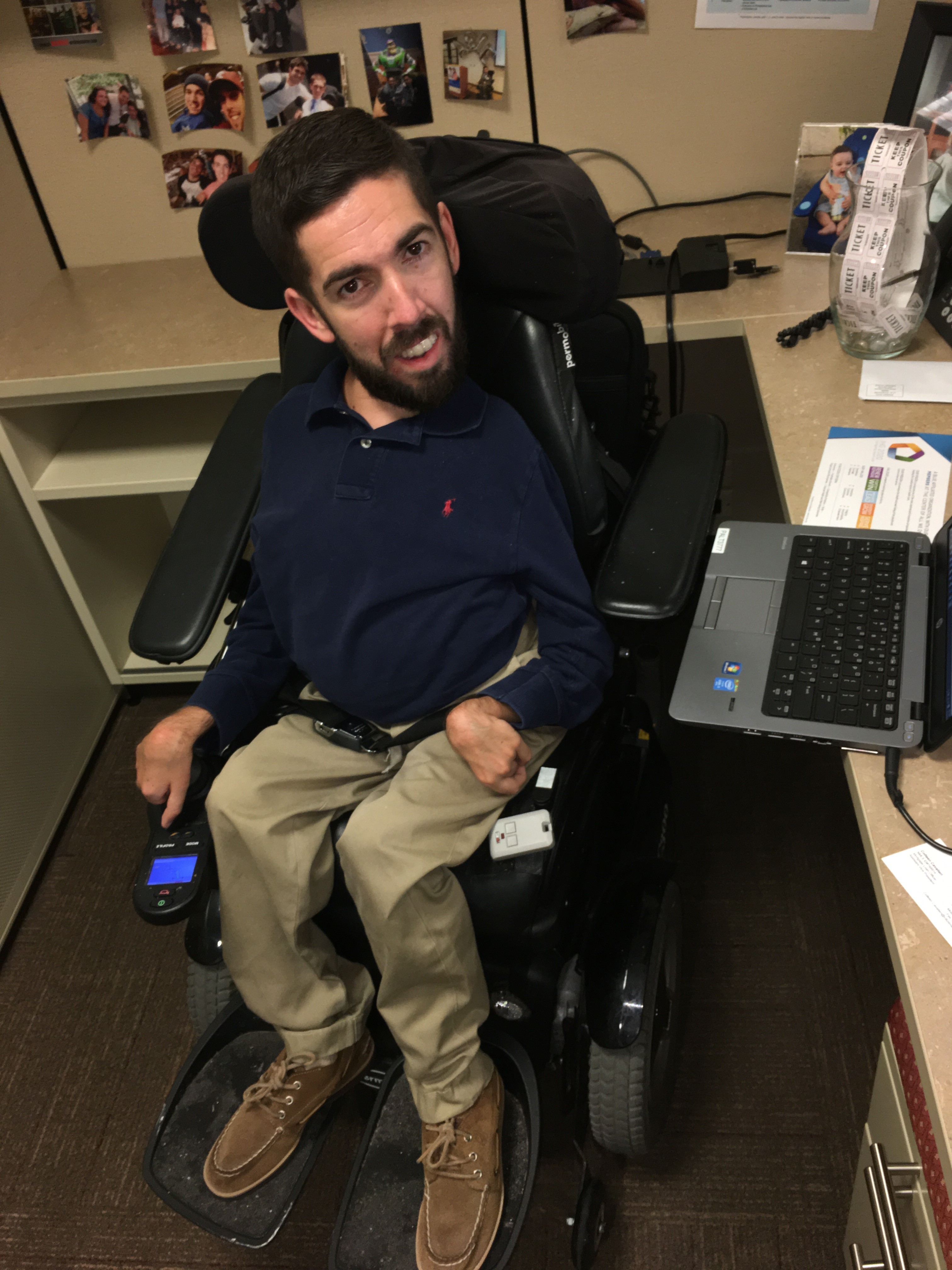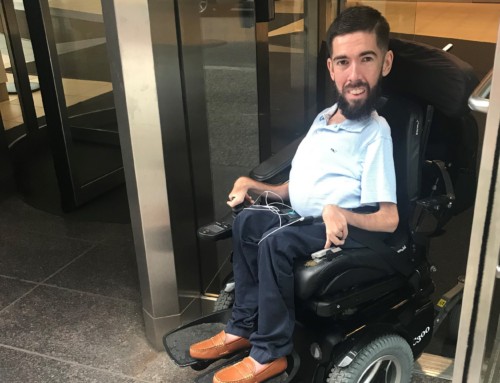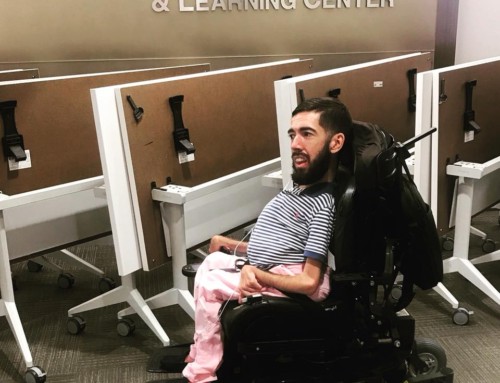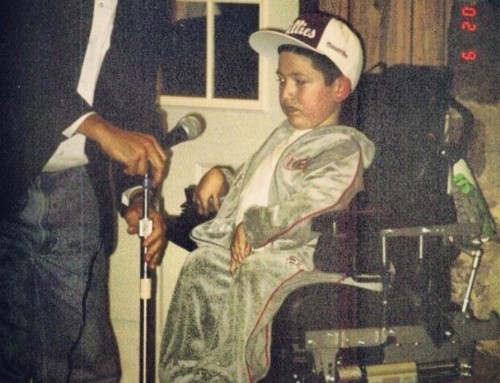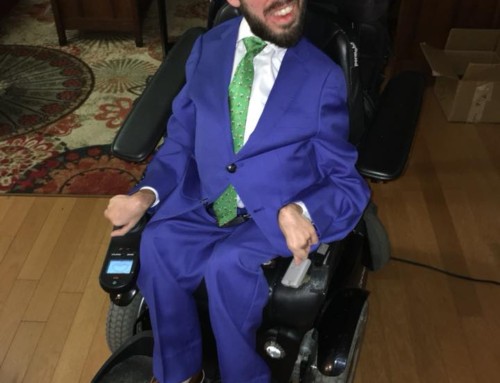The first time I ever heard of Spinraza it was just a regular day at work. I stumbled upon an article about the first ever FDA-approved treatment for my disability perusing health care related publications, a daily ritual of mine as a Market Research Analyst at a health insurance company. Spinraza quickly became a hot topic in the news as it speaks to the prevailing trend of astronomical prices being assigned to specialty pharmaceutical drugs. More specifically, the article I first came across spoke to insurers’ decision to cover or not to cover the treatment for those of us with SMA types two and three.
Now, in my role, I’ve become well aware of many of the systemic issues affecting the American health care system today. The price of health care consistently increases at a quicker pace than wages. The cost of entitlement programs is ballooning at an unsustainable rate. Even many of those who have insurance are essentially uninsured because their deductibles are so high they cannot even afford to use the insurance that they pay for. The system is so flawed it is hardly worthy of being called a system.
However, after doing six years of health care market research, the inadequacies in the health system never hit so close to home. Spinraza is the first ever FDA-approved treatment for Spinal Muscular Atrophy, yet many insurers are choosing to only cover the treatment for those with SMA type 1, the most severe type. Their reason being that studies were only conducted on those with type one SMA. Now I’m no expert on the science behind my genetic mutation, but I do understand that the only difference between the different types of SMA is the level of severity. The science is exactly the same. It baffles me why a private, for-profit health insurance company should have the right to determine the severity threshold at which a person like myself deserves treatment.
Though I was discouraged by the ethics on display by many insurers, I wasn’t without hope. I’ve been rejected by insurers more times than I’ve been rejected by women. Insurers have denied me wheelchairs, medical supplies, etc., and I always found a way to get the things I need, many thanks to my mom who’s been my biggest advocate since birth. So, I forwarded the article to my mom to share what I’d found. I was just interested in learning more. While the articles I read spoke about insurance coverage, I was interested in the impact the drug has had on those included in the study. I felt that if I could learn enough to believe the drug could potentially help me, I was ready for the uphill battle it would take to get it.
![[dis]ABLE Logo](https://disablethebrand.com/wp-content/uploads/2014/05/jimmy-logo-1-200.jpg)
